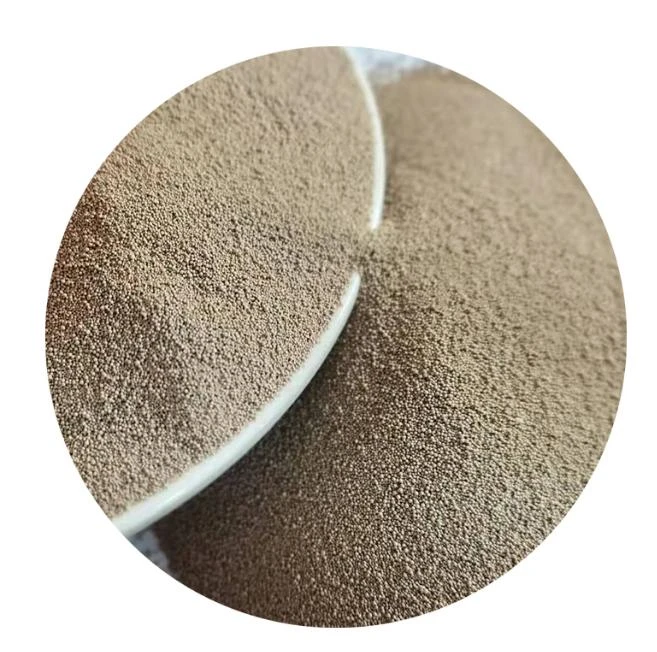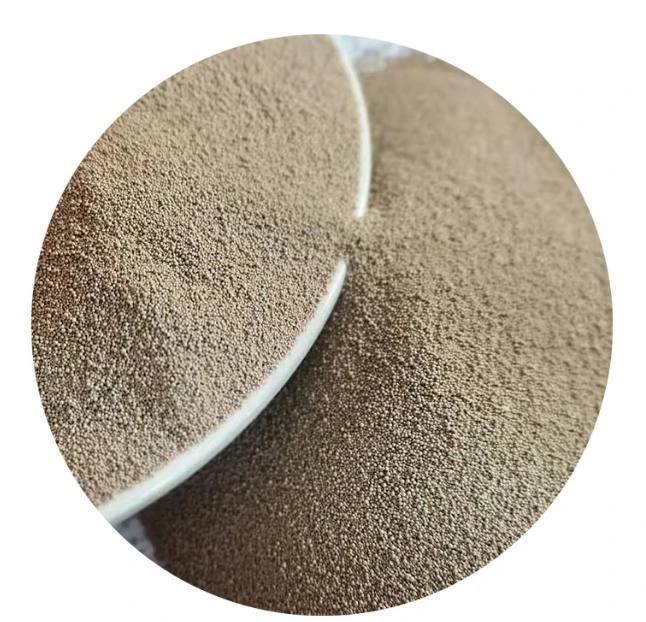

Deeper into the chemical prowess of ceramic sand lies its inert nature, making it compatible with various metals and alloys without fear of chemical reactions that could compromise product quality. Its usage is particularly prominent in producing high precision components across aerospace, automotive, and heavy machinery industries, where precision is non-negotiable. The trustworthiness of ceramic sand is underscored by a plethora of certifications from leading industry standards organizations. These endorsements validate its stability and performance, reassuring engineers and managers about its integration into their manufacturing processes. The sustainable manufacturing process of ceramic sand enhances its appeal in today's eco-conscious market, further establishing it as a trusted choice. As an industry expert, my recommendation to manufacturers is to explore ceramic sand through small-scale pilot tests, allowing them to witness the tangible improvements in casting quality and operational efficiency. Engaging with a knowledgeable supplier who can provide tailored advice and solutions will aid in integrating this material to its fullest potential. Ultimately, the adoption of ceramic sand is not merely a cost-driven decision but a strategic step towards achieving excellence in manufacturing quality and sustainability. Its role in enhancing product consistency, reducing waste, and lowering manufacturing costs marks ceramic sand as an invaluable asset in diverse industrial applications. Post time:Led . 09, 2025 12:34
Next:ceramic sanding
